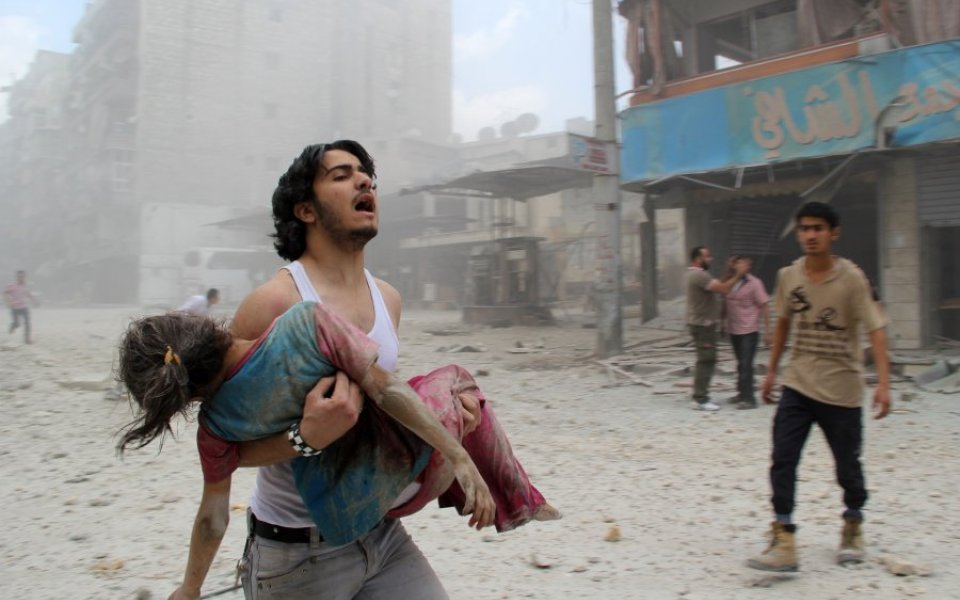Syria conference: The humanitarian crisis will grind on for years if all we do is talk about it – and money won’t solve the problems either

The commitment by world leaders, including Prime Minister David Cameron, to up international assistance to Syrian refugees should be applauded.
But at the same time, we are deceiving ourselves if we imagine that we can simply throw money at this crisis and then walk away, consciences clear.
Left as is, the conflict in Syria, and the humanitarian crisis it is generating will grind on for years to come. In the meantime the refugee crisis will worsen, the region will be further destabilised, Assad and his Iranian and Russian backers will be emboldened, and the terror threat at home will only grow.
Addressing the Syrian refugee crisis means taking decisive action in Syria itself, because that’s where the majority of Syrian refugees still remain.
Almost seven million Syrians are currently internally displaced. Surrounding countries such as Lebanon and Jordan simply can’t be expected to absorb any more people than they already have, the destabilising effect that taking yet more refugees could have on these countries is just too much of a risk.
If we are serious about ensuring that humanitarian assistance reaches civilians in Syria then that will mean restraining and ultimately removing Assad. With assistance from Hezbollah guerrillas, Assad has put large parts of the Syrian population under siege, using starvation as a weapon against some 40,000 people in Madaya and Lebanese border region.
It may not be as easy as pledging large amounts of financial assistance, but it is time that the West took direct action to secure safe zones for refugees within Syria itself. In time these areas of stability could be expanded, and the Islamic State and pro-Assad forces terrorising the country could be pushed back. Both Islamic State and Assad are only ever going to be obstacles to bringing peace to Syria.
Ultimately, there will have to be a political solution for Syria. But it is recklessly naïve to imagine that talks will have any hope of success while the country is in turmoil and when key players in Syria refuse to take negotiations seriously.
Forces such as Islamic State will have to be removed if peace talks are to have chance. Only once a more stable security context has been established on the ground in Syria can we begin to think seriously about the kind of talks being prematurely held in Geneva at the moment.
The Syrian refugee crisis can’t be solved through financial assistance alone and it isn’t realistic to imagine that everyone in Syria can simply be resettled elsewhere in the world. If we continue with the current non-strategy then we will only see the humanitarian crisis get worse.
If we want to bring an end to the suffering of the Syrian people then that will unavoidably mean acting to put a stop to the misery unfolding in their country.